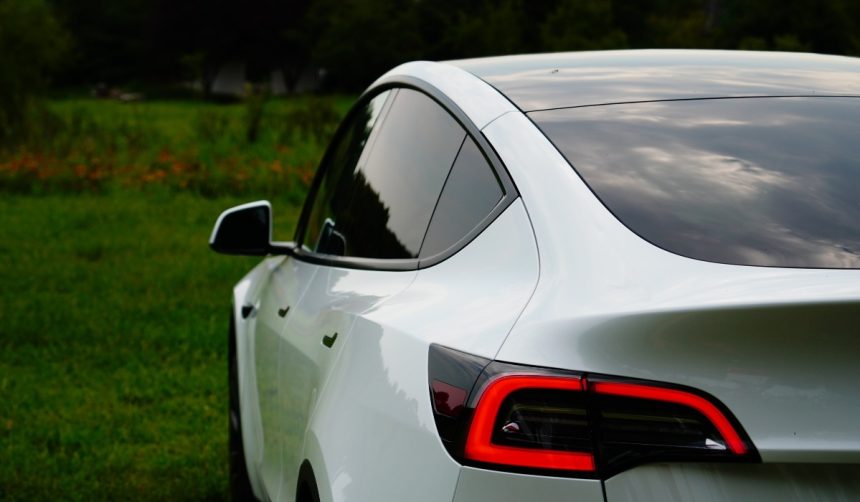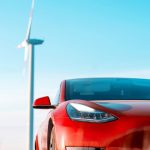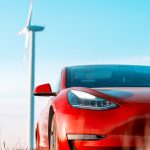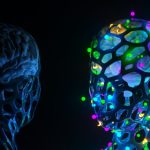Tesla‘s Full Self-Driving (FSD) technology is making significant strides in the Chinese automotive market. As more Tesla owners utilize FSD, the system demonstrates its capabilities across diverse terrains, from bustling urban avenues to remote rural roads. This widespread use highlights the growing trust in autonomous driving technology and its potential to reshape driving experiences in China.
Recent discussions among automotive enthusiasts reveal a shift in perceptions towards driver-assist technologies. Opinions are evolving as Tesla’s FSD sets new benchmarks, prompting comparisons with other systems available in the market.
How is FSD Impacting Chinese Influencers?
Andy Lee, a prominent China-based influencer and NIO supporter, expressed his concerns on social media platforms.
“Since I drove FSD, I have been disenchanted with all the ‘driving assistance’ of domestic brands. I once thought that the ‘driving assistance’ of domestic brands could beat FSD in seconds, but it seems that I was wrong. Not only did they fail to outperform FSD, they were actually crushed in reverse,”
Lee shared, highlighting his disappointment with local alternatives after experiencing Tesla’s advanced system firsthand.
What Sets Tesla’s FSD Apart from Competitors?
Tesla’s FSD stands out due to its unique combination of continuous data collection and software updates. The company’s expanding fleet provides a vast amount of real-world data, enhancing the system’s learning capabilities. This ongoing improvement ensures that FSD remains at the forefront of autonomous driving technology, making it a formidable competitor in the market.
What Are Tesla’s Future Plans for FSD?
Elon Musk announced during the Q1 2025 earnings call that Tesla plans to introduce FSD Unsupervised to consumers by the end of the year. Emphasizing safety, Musk stated,
“We want autonomy to be definitively safer than manual driving. So it needs to be meaningfully safer than if the car’s manually driven.”
This cautious approach underscores Tesla’s commitment to ensuring that autonomous driving surpasses traditional driving safety standards.
Tesla’s focus on safety and continuous improvement positions its FSD as a leading technology in the autonomous driving sector. The ability to outperform competitors not only strengthens Tesla’s market position but also sets higher standards for the entire industry.
As Tesla continues to innovate, other automakers in China may need to accelerate their development efforts to keep pace with FSD advancements. The competitive landscape is likely to intensify, benefiting consumers with more reliable and sophisticated driver-assist options in the future.










